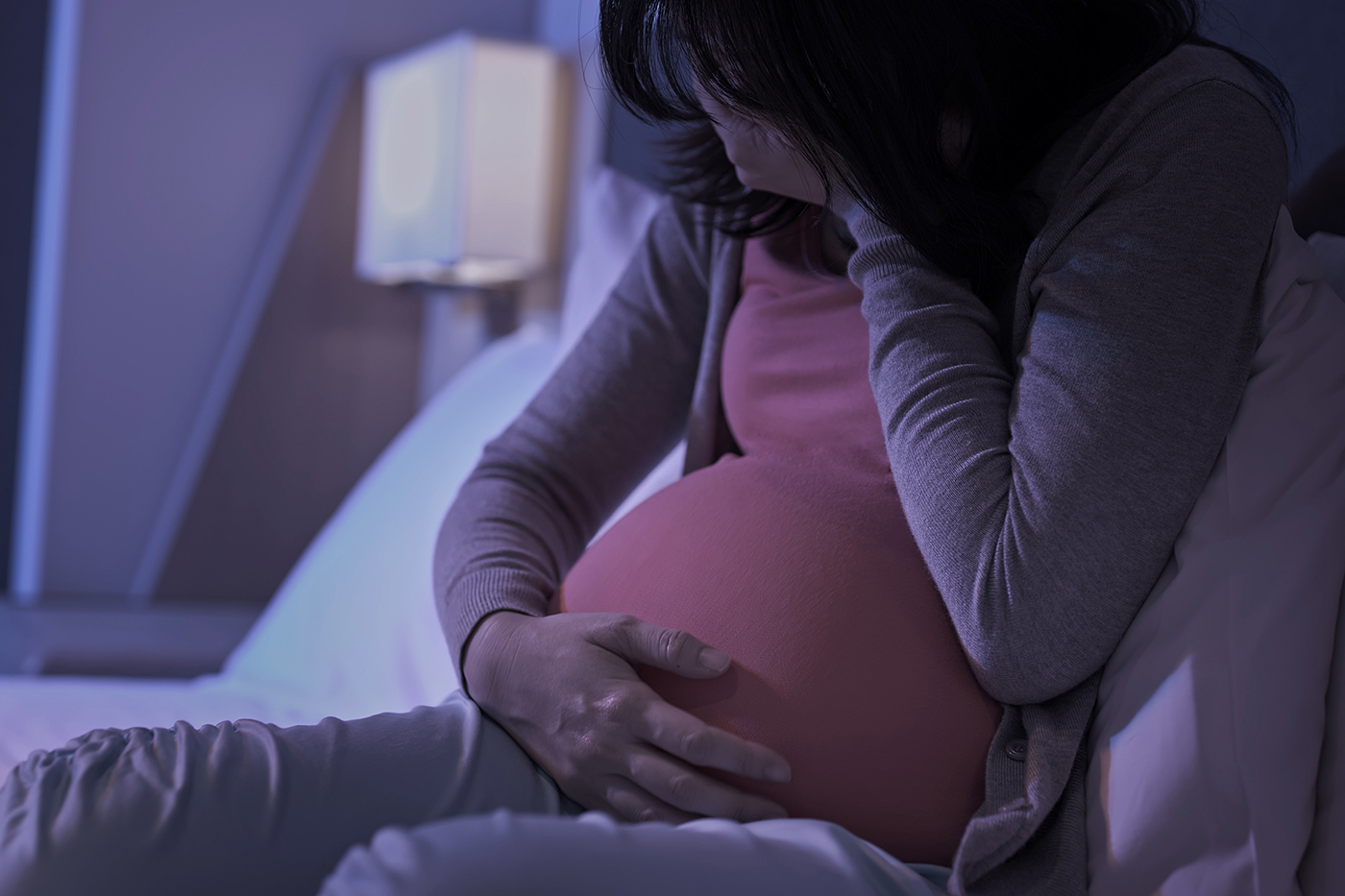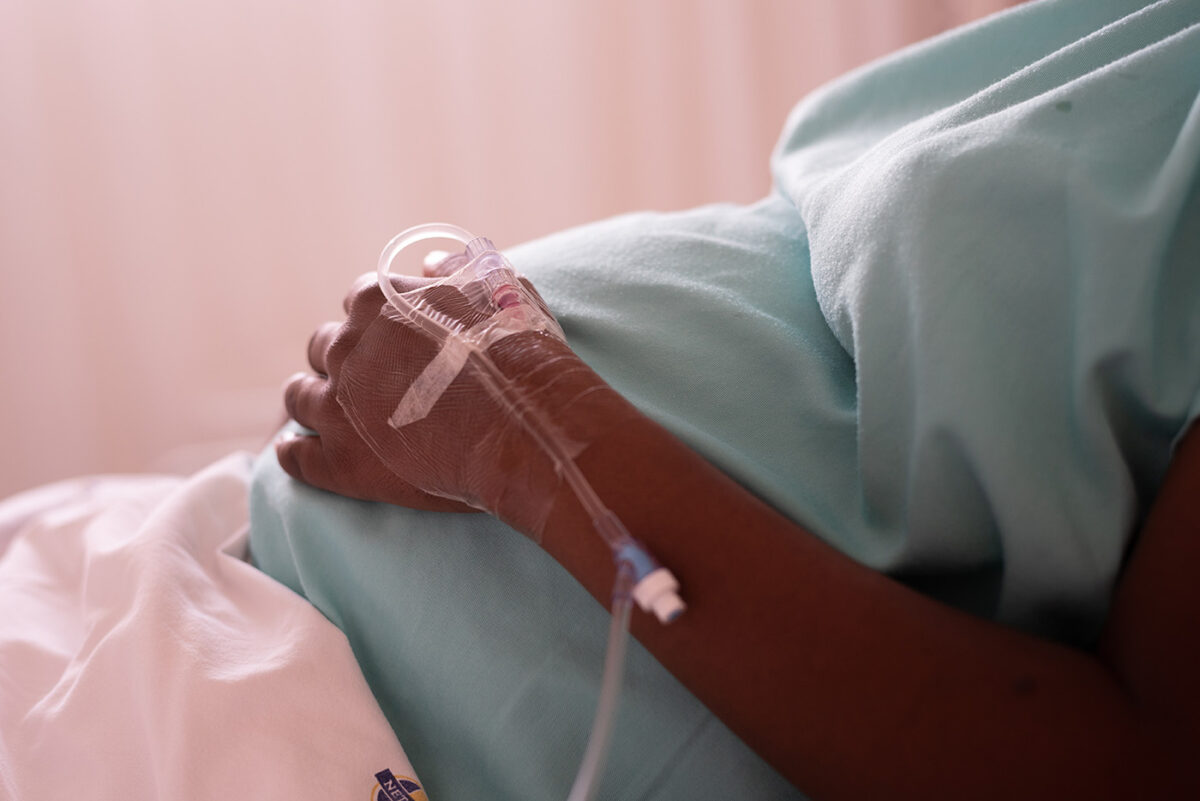
Author
Elizabeth (Izzy) Montgomery, MPA
Policy Analyst
Contact
ACHI Communications
501-526-2244
jlyon@achi.net
Drug overdose deaths rose sharply among pregnant and postpartum girls and women between 2018 and 2021, according to a National Institutes of Health-funded study recently published in JAMA Psychiatry.
The overdose death rate was 6.9 deaths per 100,000 mothers in the first six months of 2018 and increased to 12.2 deaths per 100,000 mothers in the latter half of 2021. Drug overdose deaths were the highest among women aged 35 to 44, whose overdose mortality rate more than tripled during that time frame, going from 4.9 deaths per 100,000 mothers in 2018 to 15.8 deaths per 100,000 in 2021.
Overdose deaths frequently occur in the home or other non-healthcare settings. For pregnant and postpartum girls and women, the study found that more than 60% of overdose deaths took place outside of a healthcare setting. Compared to individuals who died from non-overdose-related causes, pregnant or postpartum girls or women who died from a drug overdose were more likely to be younger, non-college graduates, and unmarried.
Opioid use during pregnancy is associated with numerous poor maternal and infant health outcomes. Along with maternal death, opioid use is associated with poor fetal growth, preterm birth, still birth, birth defects, and neonatal abstinence syndrome (NAS). NAS is a group of conditions that can occur when newborns withdraw from certain substances, including opioids, that they were exposed to in utero. A specific subset of NAS called neonatal opioid withdrawal syndrome is specific to opioid withdrawal during the first 28 days of life.
In 2005, the Arkansas General Assembly passed Garrett’s Law, which expanded the definition of child neglect to include causing an infant to be born with an illegal substance present in the infant’s system as a result of the mother knowingly using an illegal substance prior to birth. In 2022, there were 1,552 Garrett’s Law referrals for investigation, with 8% of those reports related to opioid use. Hospitals are not required to universally drug test mothers or infants under the law, although some may do so pursuant to their internal policies.
First-line therapies for the treatment of opioid use disorder in pregnant women include the medications methadone and buprenorphine coupled with behavioral therapy and other medical services. However, stigma surrounding drug use along with fear of disclosing drug use — including loss of child custody — create significant barriers for pregnant women to seek treatment.
Substance use screening, intervention, and treatment are a critical part of the birthing journey. The American College of Obstetricians and Gynecologists recommends early universal screening for substance use, noting that “screening for substance use should be part of comprehensive obstetric care and should be done at the first prenatal visit in partnership with the pregnant woman.” Despite this recommendation, many women are not screened for substance use disorder or are not screened with evidence-based tools. Additionally, there are many barriers women may encounter in seeking necessary care, including stigma, lack of provider awareness or training, and gender-based bias, e.g., incorrectly assuming that pregnant women cannot receive medication-assisted therapy.
ACHI began examining opioid prescription trends in 2020, with analyses showing an overall decrease in opioid prescription fills between fiscal years 2017 and 2022. During the same period, prescription fills of naloxone, a drug used to reverse opioid overdoses, have markedly increased. Unfortunately, drug overdose deaths have continued to rise. In partnership with the Arkansas Department of Human Services and the state drug director, ACHI also oversees the NaloxHome program, which provides free naloxone to emergency rooms to dispense at discharge to patients who have experienced an overdose or are at risk for an overdose.






